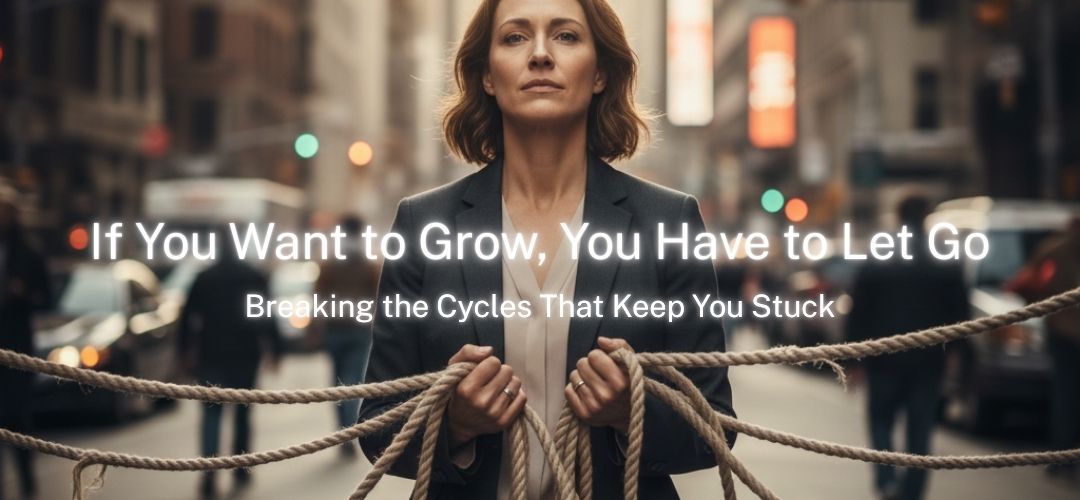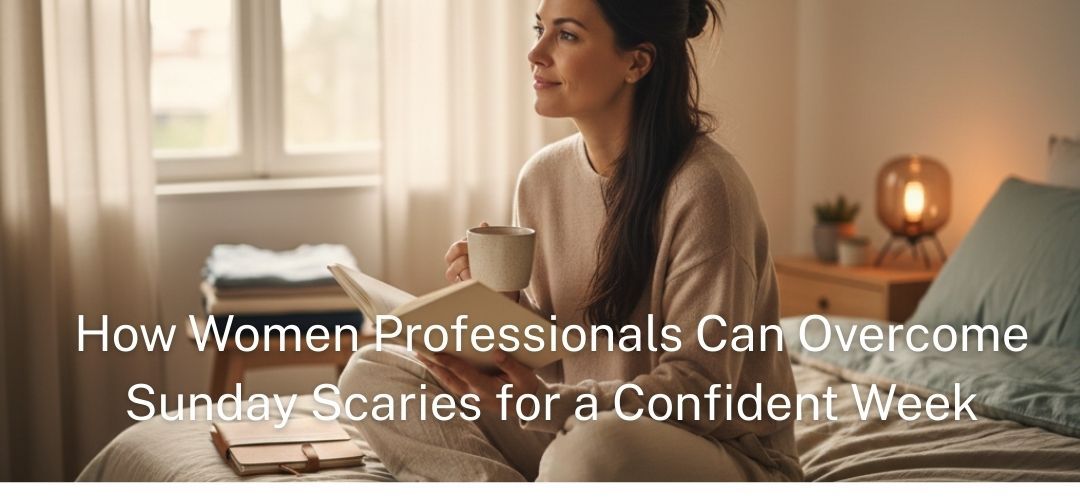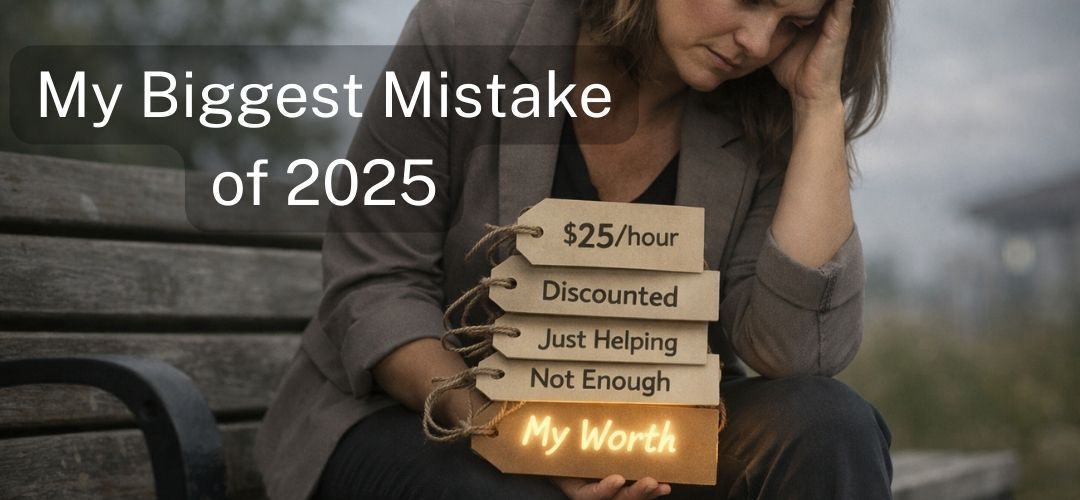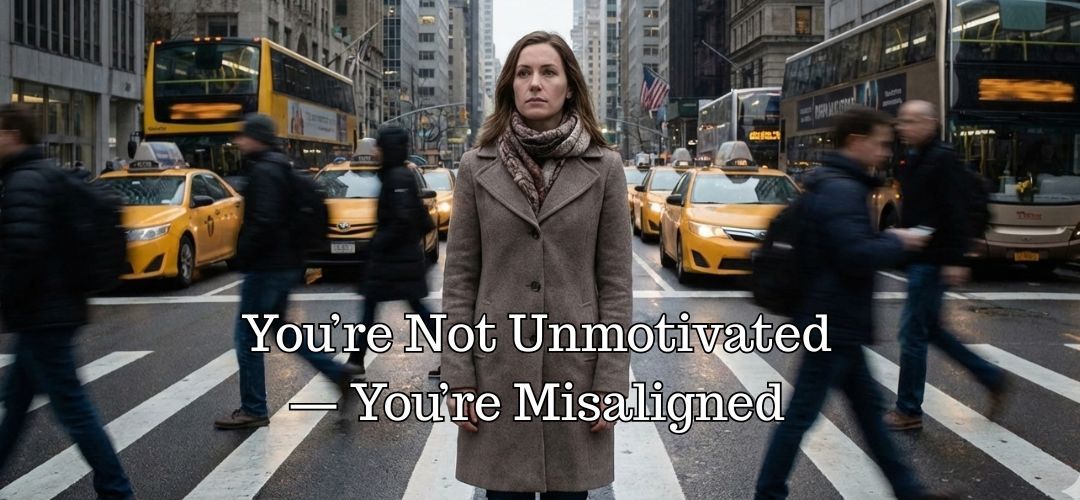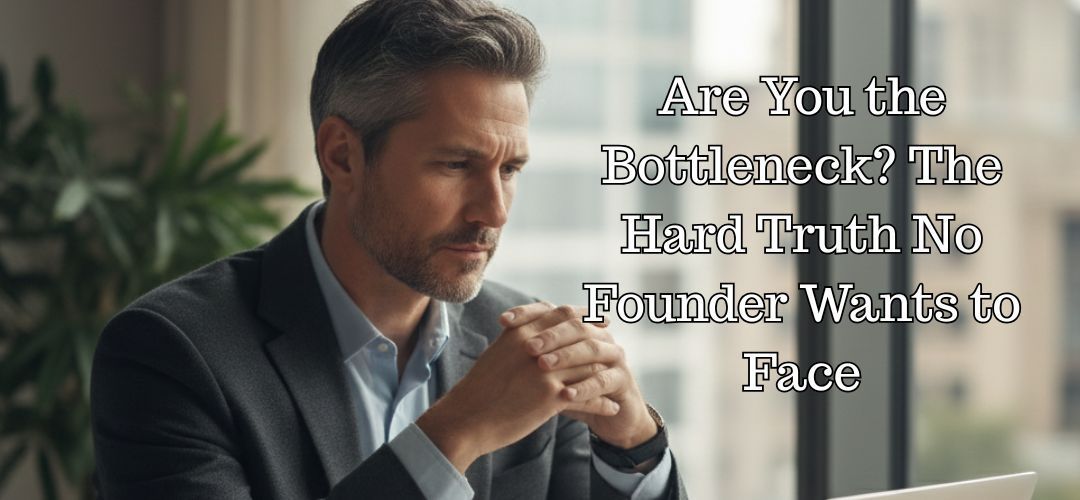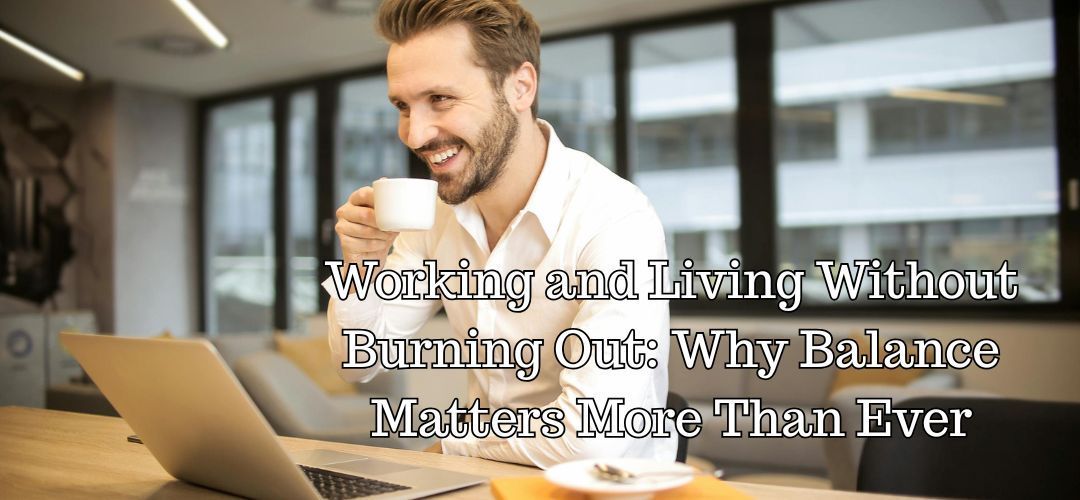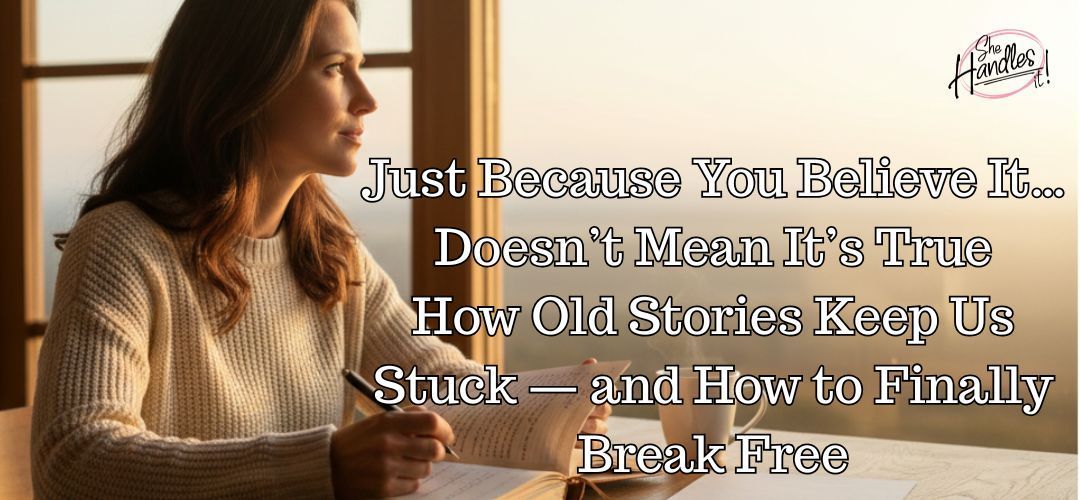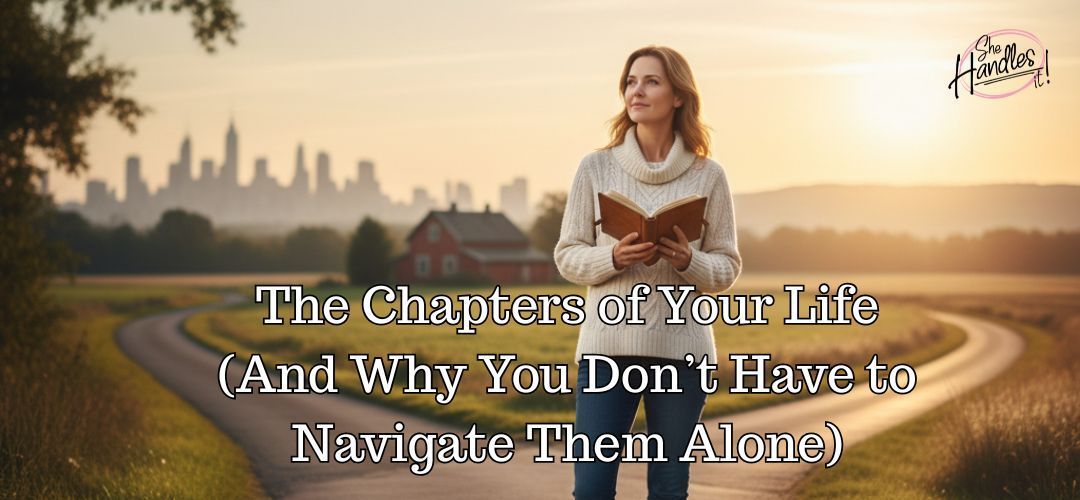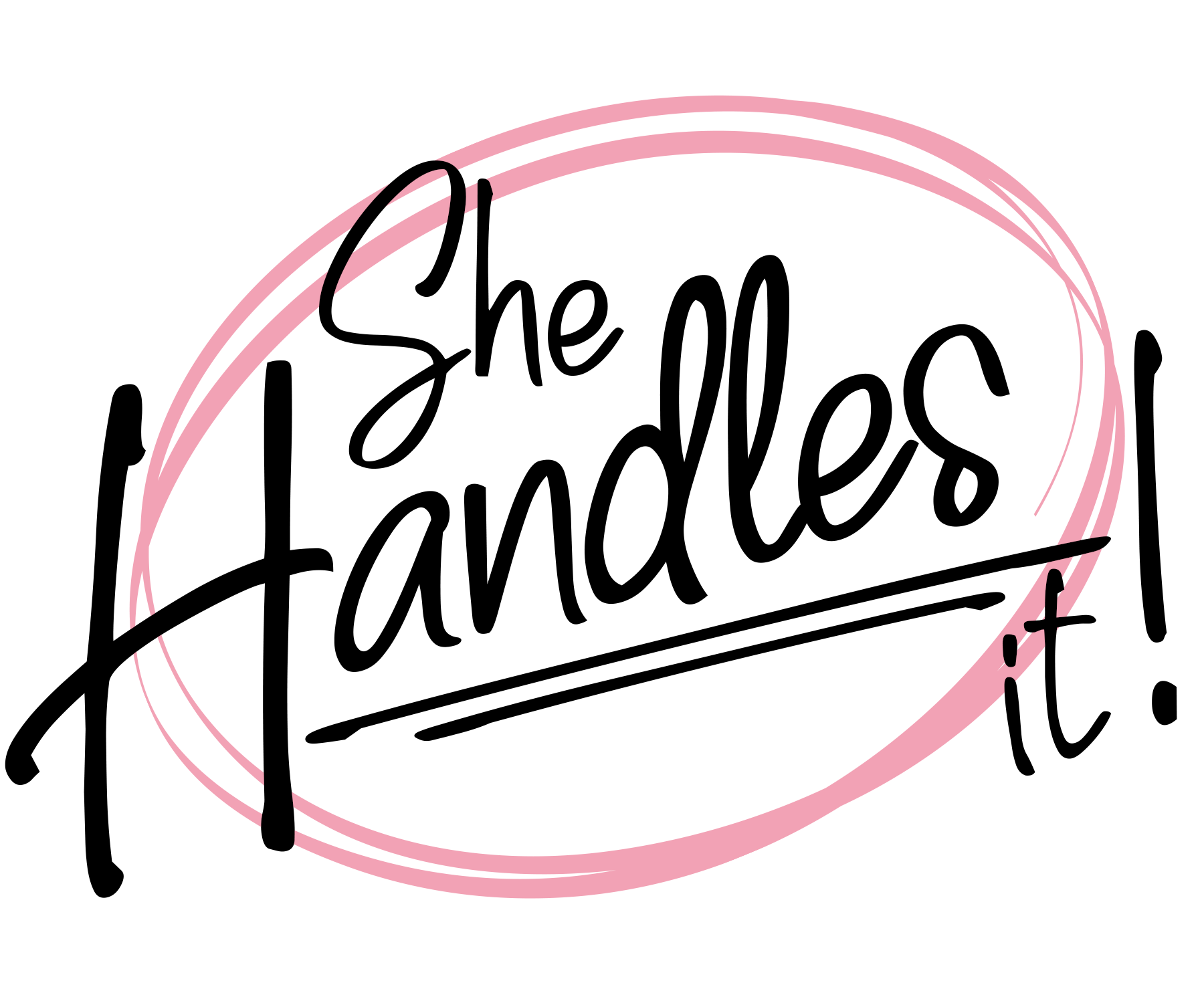
Search She Handles It Blog Posts
Healing Doesn’t Start with Them

Healing doesn’t start when they apologize.
It doesn’t start when they change, when they get what they did wrong, or when karma finally catches up.
Healing starts when you stop talking about them… and start getting honest about you.
I know that’s not always easy to hear—especially when the “them” in your life truly did harm.
Toxic relationships, controlling exes, narcissistic bosses, manipulative friends—yes, those things are real. And yes, those people can absolutely hurt us.
But if your healing depends on them doing something different…
You’ll stay stuck forever.
For a long time, I stayed stuck too.
In past relationships, I played the victim card hard.
“They don’t help me around the house.”
“They don’t give me enough attention.”
“They don’t communicate.”
“They don’t parent like I do.”
“They don’t appreciate all I do.”
And on and on.
And while some of that may have been true, it wasn’t the full picture. Because the truth is… I wasn’t taking ownership of my part.
I wasn’t asking for help when I needed it.
I wasn’t clearly communicating how I wanted to be loved.
I wasn’t explaining why I parented a certain way or what support would actually feel like.
I wasn’t telling anyone I felt underappreciated—I just hoped they’d notice.
And when I finally started taking ownership of my own patterns, habits, and silence… everything changed.
That was the moment I stopped waiting for someone else to heal me—and started becoming the kind of partner I wanted to be.
Not because someone else finally got it right.
But because I finally started showing up differently.
I became less reactive, more grounded, and way more clear about what I wanted and needed.
That’s what real healing looks like.
Not finger-pointing.
But mirror holding.
Ownership Isn’t About Blame—It’s About Power
Let me be clear: taking ownership is not the same thing as taking the blame.
You are not responsible for someone else’s cruelty, neglect, or disrespect.
But you are responsible for how you respond, how you speak up (or don’t), how long you stay, and what you allow to continue.
Ownership means asking:
- Why did I stay silent?
- Why did I tolerate that dynamic for so long?
- What was I afraid would happen if I spoke up?
- Where did I abandon myself in order to keep the peace?
When you shift from “they did this to me” to “I see how I allowed this pattern to repeat”—you take your power back.
You stop waiting for closure from someone who’s never going to give it to you.
You stop obsessing over the “why” behind someone else’s behavior.
You stop trying to reframe or rehash what they should have done differently.
Instead, you start asking the real question:
What can I learn about myself from this?
Because that’s where healing really begins.
Not when you forget the pain.
Not when you rewrite history to make it easier to hold.
But when you can say—without bitterness—“That hurt… but I’ve grown because of it.”
Healing Happens When You Leave the Past Where It Belongs
Here’s the thing about the past: it loves to keep us stuck.
It’s familiar. It’s comfortable in its own twisted way. Even the pain can become a kind of identity if we sit in it long enough.
It’ll whisper things like:
“Be careful who you trust.”
“Don’t ask for too much
“Remember what happened last time you opened up?”
But healing means you stop living in replay mode.
It means you stop using old stories to define your current self.
It means you stop looking backward for answers and start building forward with intention.
Because the truth is, you’re not meant to stay in the role of the wounded one forever.
You’re meant to evolve.
And that evolution happens when you stop obsessing over “they” and start focusing on “I.”
- I now know how to speak up.
- I now know what I need in a relationship.
- I now know how to set a boundary and hold it.
- I now know my worth isn’t based on how much I tolerate.
Forgiveness doesn’t mean you forget what happened.
It means you remember it clearly—and still choose peace.
It means you carry the lesson, not the weight.
So if you’re in the middle of healing right now, here’s your reminder:
You don’t need permission from them to move forward.
You don’t need an apology to begin again.
You don’t need to rewrite the past—you just need to stop letting it rewrite you.
Let the lesson lead.
Let the past stay put.
And walk forward—powerfully, intentionally, fully yours.
Ready to move from stuck to strong?
If you’re doing the work but still feeling tangled in old patterns, I’m here to help you reclaim your power and move forward with purpose.
Explore Coaching with Me
